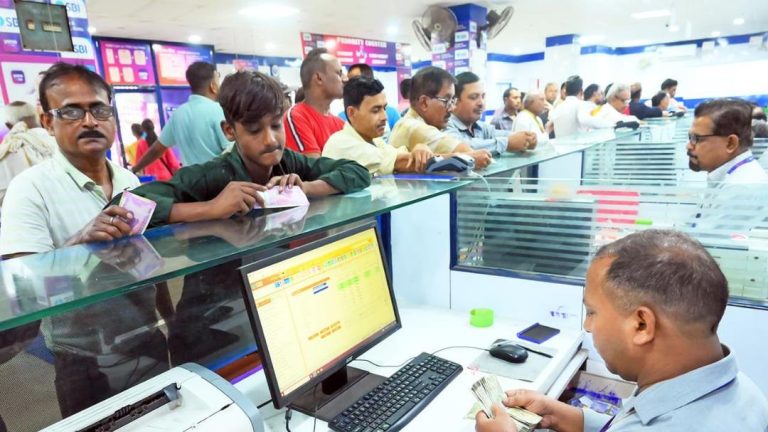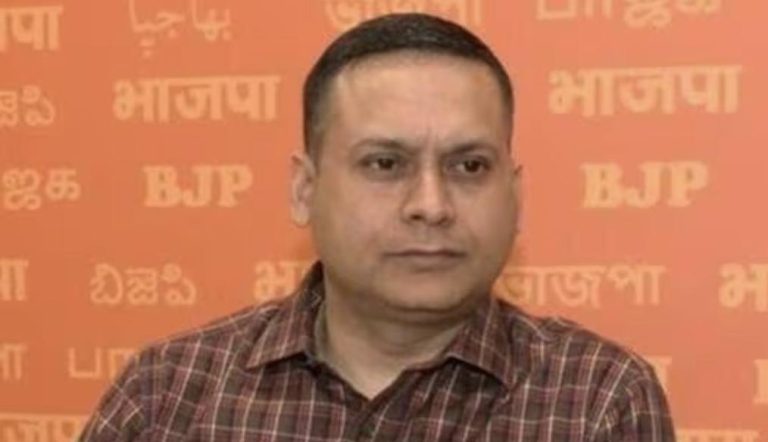
Don’t get volatile behavior: Vaani on censorship & cancel culture
In today’s digital age, social media has become a breeding ground for controversy and outrage. With the click of a button, a single misstep or misquote can spark a maelstrom of backlash, leading to widespread criticism and even boycotts. This phenomenon has given rise to the concept of “cancel culture,” where those who offend or upset others are swiftly ostracized and condemned.
In a recent interview, Bollywood actress Vaani Kapoor spoke out against this trend, expressing her dismay at the volatile behavior of some individuals who call for the cancellation and boycott of artists and creators who don’t conform to their narrow standards. Kapoor’s comments come on the heels of the controversy surrounding the release of her latest film, “Abir Gulaal,” which was banned in India due to alleged content issues.
When asked about the cancel culture phenomenon, Kapoor was candid in her assessment. “I don’t get this volatile behavior,” she said. “One wrong statement, one misquote, and suddenly there are calls for cancel and boycott. It’s like, what’s the point of having an opinion if you’re going to lose your freedom to express it?”
Kapoor’s sentiments are echoed by many in the creative community, who believe that cancel culture stifles artistic expression and creativity. By chastising and shaming artists who don’t conform to societal norms, cancel culture creates a culture of fear, where individuals are hesitant to take risks or push boundaries for fear of being ostracized.
Moreover, Kapoor argues that censorship is another major stumbling block for artists. “I’m not into censorship,” she said. “It sets boundaries for artists. It’s like, what’s the point of creating something new and innovative if you’re going to be restricted by what others think is acceptable?”
Censorship, of course, has been a contentious issue in India for decades. The country has a complex and often controversial history of censorship, with the government and other authorities frequently intervening in the creative process to ensure that artistic works conform to societal norms and standards.
Kapoor’s comments are a timely reminder of the importance of artistic freedom and the need to protect creators from the pressures of censorship and cancel culture. By speaking out against these trends, Kapoor is joining a growing chorus of voices that are calling for greater tolerance and understanding in the creative community.
In an era where social media has given rise to a culture of instant outrage and condemnation, it’s refreshing to hear voices like Kapoor’s that advocate for greater nuance and compassion. By embracing the complexities and contradictions of the human experience, artists and creators can produce works that are more authentic, innovative, and enduring.
Of course, Kapoor’s comments are not without controversy. Some have argued that her silence on the specific issues surrounding the release of “Abir Gulaal” is problematic, and that she should be more vocal in her support for the film and its creators.
However, it’s also important to recognize that Kapoor is not a policymaker or a content provider. As an artist, her primary responsibility is to create works that resonate with audiences and inspire new ideas and perspectives. By speaking out against censorship and cancel culture, Kapoor is doing just that – using her platform to advocate for a more open and inclusive creative environment.
In conclusion, Kapoor’s comments on censorship and cancel culture are a timely reminder of the importance of artistic freedom and the need to protect creators from the pressures of censorship and social media outrage. By embracing the complexities and contradictions of the human experience, artists and creators can produce works that are more authentic, innovative, and enduring.
Sources:






